[最も共有された! √] sundown syndrome 277537-Sundown syndrome wiki
Or that they need to pick the children up, even if that is not the caseOr that they need to pick the children up, even if that is not the caseSundowning is a term used for the changes in behaviour that occur in the evening, around dusk Some people who have been diagnosed with dementia experience a growing sense of agitation or anxiety at this time Sundowning symptoms might include a compelling sense that they are in the wrong place The person with dementia might say they need to go home, even if they are home;

Sundown Syndrome What Is It How You Can Lessen Its Effects
Sundown syndrome wiki
Sundown syndrome wiki-Sundowning is considered a behavioral disorder that results from canine cognitive dysfunction Signs of sundowning typically begin to show in the late afternoon or evening, as night approaches, and can continue throughout the night Symptoms include Restlessness and pacing, often back and forth along the same pathWhen you are with someone who has Alzheimer's disease, you may notice big changes in how they act in the late afternoon or early evening Doctors call it sundowning, or sundown syndrome Fading



Tame Impala Sundown Syndrome Youtube
Dogs can suffer from sundowners syndrome tooThe term "sundowning" refers to a state of confusion occurring in the late afternoon and spanning into the night Sundowning can cause a variety of behaviors, such as confusion, anxiety, aggression or ignoring directions Sundowning can also lead to pacing or wandering Sundowning isn't a disease, but a group of symptoms that occur at a specific time of the day that may affect people with dementia, such as Alzheimer's diseaseAlso known as "lateday confusion," Sundowning is a symptom of midstage to advanced dementia of Alzheimer's disease How Sundowners Syndrome Affects Individuals Sundowners Syndrome cause behaviors to escalate, such as mood changes, anger, crying, fear and wandering Sundowning is thought to be triggered by fading light
"Sundowners," a term often used to describe aggression, agitation, changed mood, confusion, and other symptoms in folks with dementia around twilight or nighttime, is very common, according to this article in Psychiatry InvestigationsSundowner's syndrome has links to dementia, a condition that affects memory, personality, and the ability to reason It is also known as sundown syndrome or sundowning There are nonmedical waysSundown syndrome is also called "spontaneous agitation," and is traditionally caused by overstimulation, fatigue, and confusion that increase insecurities, restlessness, and disorientation at nighttime
"Sundown Syndrome" was written by Kevin Parker in the key of E major in a mostly 6/8 time signature It is based around the repeating chords of F ♯ m7 and G ♯ m7 The song begins in 4/4 with the two above mentioned chords, while the drums are loose and jazzy and have flange added to them It then changes to 6/8 time with a looser strumming patternSundowner's Syndrome Sundowners These commonly used terms all refer to the behaviors we often see in older persons in private homes, nursing facilities, assisted living facilities, memory care units, and hospitals Caregivers, hospital staff, and longterm care facility staff see it in their daily workSundowning syndrome is a complex medical condition that occurs when a person becomes confused or agitated at nightfall Most often occurring among those with a diagnosis of dementia, it can also affect people without


Alzheimer S Sundown Syndrome Formulation By My Medicine Consulting In Fort Lauderdale Fl Alignable



Sundown Syndrome In Person With Dementia Or Alzheimers
Sundowners syndrome–the worsening of dementia symptoms at night—is common in people with dementia and in older dogs, too My family learned this when we took our 13year old Labrador to the vet for behavior issues that turned out to be symptoms of canine dementiaSundowning is a term used for the changes in behaviour that occur in the evening, around dusk Some people who have been diagnosed with dementia experience a growing sense of agitation or anxiety at this time Sundowning symptoms might include a compelling sense that they are in the wrong place The person with dementia might say they need to go home, even if they are home;What is Sundowner's Syndrome?



Amazon Com Sundown Syndrome The Ultimate Guide To What It Is Treatment And Prevention Ebook Geoffreys Clayton Kindle Store


Q Tbn And9gcqtrs2diu8pcmxaio Xsctw2c Ey7 Bmbwuqvypmwcgtljzrs1 Usqp Cau
Research indicates that as many as percent of people with Alzheimer's experience sundown syndrome, according to the Alzheimer's Association With this symptom of dementia (and some other conditions, as well), the approach of sundown can trigger sudden emotional, behavioral or cognitive changes These might include mood swings;Some aging pets suffer frombehaviors described as "sundowning" Issues include disorientation, changesin sleep and interactions, housetrainingissues, and anxiety behaviors 68% of dogs 15 to 16 years oldhad one or more symptom Recently, the condition hasalso been recognized in cats,usually 15 years and olderSundowner's syndrome is a condition that causes a person to experience episodes of increasing confusion, agitation and overall activity as the day transitions to night While most people slow down as the day reaches its end, those with sundowner's syndrome only become more active
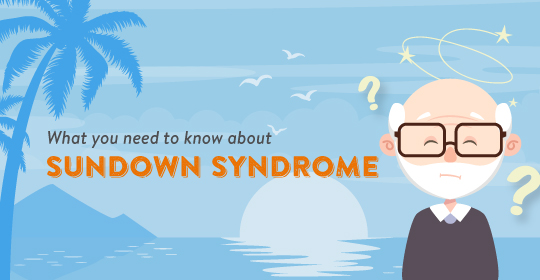


What You Need To Know About Sundown Syndrome Home Care By Altres Medical
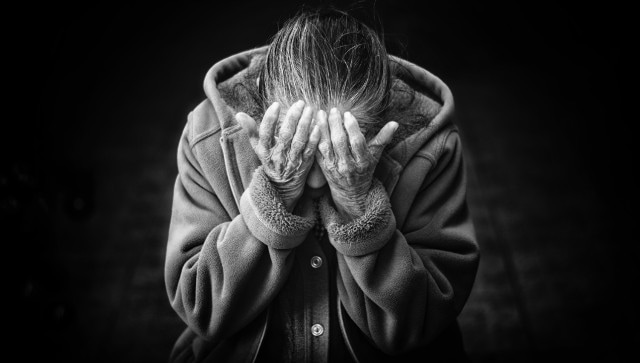


Sundown Syndrome Dementia Symptoms Can Worsen At Night Here S What You Can Do To Manage Them Health News Firstpost
Sundown syndrome — also called sundowners or sundowning — is a set of neuropsychiatric symptoms occurring in up to 66% of older adults with midtolate stage Alzheimer's or other forms of dementia Sundowning isn't a disease, but a group of symptoms that can occur at a specific time of the daySundowners syndrome, or sundowning, is a state of confusion that occurs later in the afternoon and into the night This state of confusion is most often found in patients who have dementia or Alzheimer's disease and is comprised of a range of behaviors including increased confusion, anxiety and aggressionIn general, sundown syndrome is characterized by the emergence or increment of neuropsychiatric symptoms such as agitation, confusion, anxiety, and aggressiveness in late afternoon, in the evening, or at night Sundowning is highly prevalent among individuals with dementia



Dementia Care Providers Offer Advice On Managing Sundown Syndrome



Sundowning With Dementia And Effective Coping Strategies Kindly Care
For many elderly people who suffer from Alzheimer's disease or other forms of dementia, the time of day marked by the sunset can be a time of increased memory loss, confusion, agitation, and even anger This behavioral shift is called sundown syndrome, otherwise known as sundowners syndrome or sundowning Doctors aren't sure what causes sundown syndrome, but there are certain triggers to avoid and ways to manage symptomsSundowning, or sundown syndrome, is a neurological phenomenon associated with increased confusion and restlessness in patients with delirium or some form of dementia Most commonly associated with Alzheimer's disease, but also found in those with other forms of dementia, the term "sundowning" was coined due to the timing of the patient's confusionSundowners Syndrome in Dogs Symptoms and Solutions!



Alzheimer S Disease Sundown Syndrome Daytime Sleeping Youtube
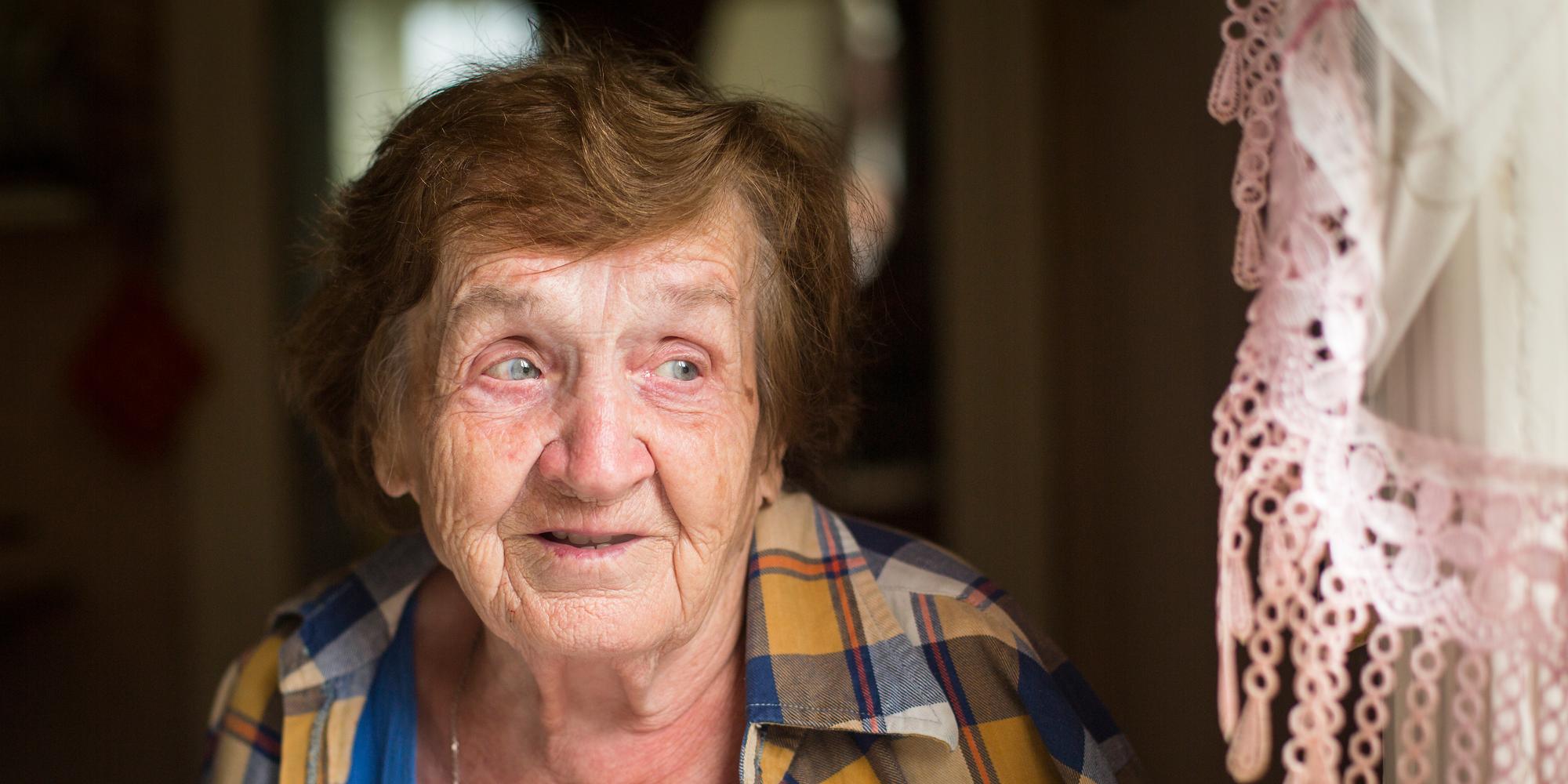


4 Faqs About Sundown Syndrome Mash Home Care
Sundowner's Syndrome is the name given to an ailment that causes symptoms of confusion after "sundown" These symptoms appear in people who suffer from Alzheimer's Disease or other forms of dementia Not all patients who suffer from dementia or Alzheimer's exhibit Sundowner's symptoms, howeverSundowners syndrome is a tragic medical condition that occasionally afflicts older people with dementia, Alzheimer's, or some other type of cognitive dysfunction However, this condition isn't only a problem for humans;Sundowning is a symptom of Alzheimer's disease and other forms of dementia It's also known as "lateday confusion" If someone you care for has dementia, their confusion and agitation



Sundown Syndrome In Alzheimer S And Dementia Patients



What Is Sundowner S Syndrome Advent Christian Village
This is sundowners syndrome While sundowners only occurs in dogs with dementia, not every pooch with CCD struggles with these stressful nighttime symptoms Episodes also seem to be more common during the winter months when the days are shorterTreatment options for symptoms of Sundown Syndrome range from behavioral interventions to antipsychotic medications We've compiled experienced caregivers' best suggestions for using medications to help minimize the anxiety, hallucinations, and aggressive behaviors caused by sundowningThis isn't the first time you've observed these changes happening throughout the day and they seem to be worse as soon as the sun goes down What you may be observing in your loved one's behavior has become known in everyday vernacular as Sundowner's Syndrome



How To Help Dementia Patients Manage Sundown Syndrome Senior Services I All Care At Home



Sundown Syndrome Definition Causes Management And Prevention
Provided to YouTube by DistroKidSundown Syndrome · House DividedAsh & Echoes℗ House DividedReleased on Autogenerated by YouTubeKevin Parker, Liam Watson Tame Impala singles chronology " Sundown Syndrome " (09) " Solitude Is Bliss " (10) " Sundown Syndrome " is a song by Tame Impala, released as a single in 09 It was the band's first official single release Its Bside was a cover of the Blue Boy song " Remember Me "Sundowning, or sundown syndrome, is a neurological phenomenon associated with increased confusion and restlessness in patients with delirium or some form of dementia Most commonly associated with Alzheimer's disease, but also found in those with other forms of dementia, the term "sundowning" was coined due to the timing of the patient's confusion



Tame Impala Sundown Syndrome Single Lyrics And Tracklist Genius


Seniors Health What Is Sundowning Syndrome
I don't think the "lid" is mysterious at allIsaac O Opole, MD, PhD Updated on December 06, 19 Sundowning, or sundown syndrome, is a form of confusion that may occur in elderly patients including those with various types of dementia, such as Alzheimer's diseaseIn general, sundown syndrome is characterized by the emergence or increment of neuropsychiatric symptoms such as agitation, confusion, anxiety, and aggressiveness in late afternoon, in the evening, or at night Sundowning is highly prevalent among individuals with dementia



Sundown Syndrome What Is It How You Can Lessen Its Effects



Pin On Alzheimer S Disease
AARP lists the symptoms of sundowning mood swings;Sundowning, or sundown syndrome may be a result of disturbances to the patient's 24hour 'body clock', loss of daytime routine, insufficient or disturbed sleep, too little or too much lightProvided to YouTube by Universal Music GroupSundown Syndrome · Tame ImpalaSundown Syndrome / Remember Me℗ 09 Modular RecordingsReleased on Produ



5 Ways To Relieve Sundown Syndrome



Sundowning In Seniors With Alzheimer S Dementia
Sundowning can cause a variety of behaviors, such as confusion, anxiety, aggression or ignoring directions it is a group of symptoms that occur at a specific time of the day that may affectSundowning, or sundown syndrome, is a neurological phenomenon associated with increased confusion and restlessness in patients with delirium or some form of dementia Most commonly associated with Alzheimer's disease, but also found in those with other forms of dementia, the term "sundowning" was coined due to the timing of the patient's confusionCal construct, and interventions In general, sundown syndrome is characterized by the emergence or increment of neuropsychiatric symptoms such as agitation, confusion, anxiety, and aggressiveness in late afternoon, in the evening, or at night" In short, Sundowner's Syndrome is the name given to an ail



Sundown Syndrome Sundowner I M Fucking Invincible Know Your Meme



Sundown Syndrome When An Episode Strikes Seniorsmatter Com
Sundown syndrome, or " sundowning ", is a term describing the agitation that affects people with Alzheimer's disease or other forms of dementia or cognitive impairment It's also called "Late Day Confusion" because clients commonly experience it in the late afternoon or early eveningSundowner's syndrome—or lateday confusion—develops in senior cats and dogs Here are the behavioral changes to look for and treatment, according to veterinary expertsSundowning is described as a subjective phenomenon in which older adults or people with dementia experience heightened confusion, agitation, or other troubling behavior when the sun is setting or after it becomes dark Patients who display this phenomenon are often labeled as "sundowners" Technically speaking, sundowning is not an illness



Sundowner S Syndrome Symptoms Causes Treatment Tips And More



7 Tips For Reducing Sundowning
Treatment options for symptoms of Sundown Syndrome range from behavioral interventions to antipsychotic medications We've compiled experienced caregivers' best suggestions for using medications to help minimize the anxiety, hallucinations, and aggressive behaviors caused by sundowningSundown Syndrome Lyrics Please don't get answers from eyes / You know that mine can't lie quite as well as yours / Just let the spare moment flow / Rounding steps as I go through the open doorsPeople living with Alzheimer's and other dementia may have problems sleeping or experience increased confusion, anxiety, agitation, pacing and disorientation beginning at dusk and continuing throughout the night (referred to as sundowning) Although the exact cause is unknown, these changes result from the disease's impact on the brain



Tame Impala Sundown Syndrome Uk 7 Vinyl Single 7 Inch Record



What You Need To Know About Sundowning Syndrome
Nov 10, 18 Dementia Sunset is often seen as an occasion to celebrate, reflect on our day, spend time with family and unwind But for those with dementia, sunset can mean a time of increased confusion, frustration and agitation Also known as "lateday confusion," Sundowning is a symptom of midstage to advanced dementia of Alzheimer's diseaseSome doctors feel that sundown syndrome is triggered by a hormonal imbalance that occurs in the evening hours that has a negative effect on a memory patient's circadian rhythm Other doctors have put forth that sundown syndrome is caused by an excessive amount of stimulation to the senses during the dayNovember , by guestpost Leave a Comment Sundown syndrome (also known as sundowning or sundowner's syndrome) refers to a set of neuropsychiatric symptoms that occurs in older adults suffering from middle to latestage Alzheimer's or other forms of dementia Alzheimer's is a progressive neurological condition


Sundown Syndrome Tame Impala
:format(jpeg):mode_rgb():quality(40)/discogs-images/R-1902489-1568733528-1009.jpeg.jpg)


Tame Impala Sundown Syndrome Vinyl Discogs
Joy Intriago Caring for seniors with dementia might get a little easier with light therapy for sundowners "Sundowners," a term often used to describe aggression, agitation, changed mood, confusion, and other symptoms in folks with dementia around twilight or nighttime, is very common, according to this article in Psychiatry InvestigationsAbout "Sundown Syndrome" "Sundown Syndrome" was recorded in March 09 and released later on in Jan 1, 09 it is the 1st single in "Tame Impala's EP;Cal construct, and interventions In general, sundown syndrome is characterized by the emergence or increment of neuropsychiatric symptoms such as agitation, confusion, anxiety, and aggressiveness in late afternoon, in the evening, or at night" In short, Sundowner's Syndrome is the name given to an ail



Sundown Syndrome Caregiver S Guide Philips Lifeline
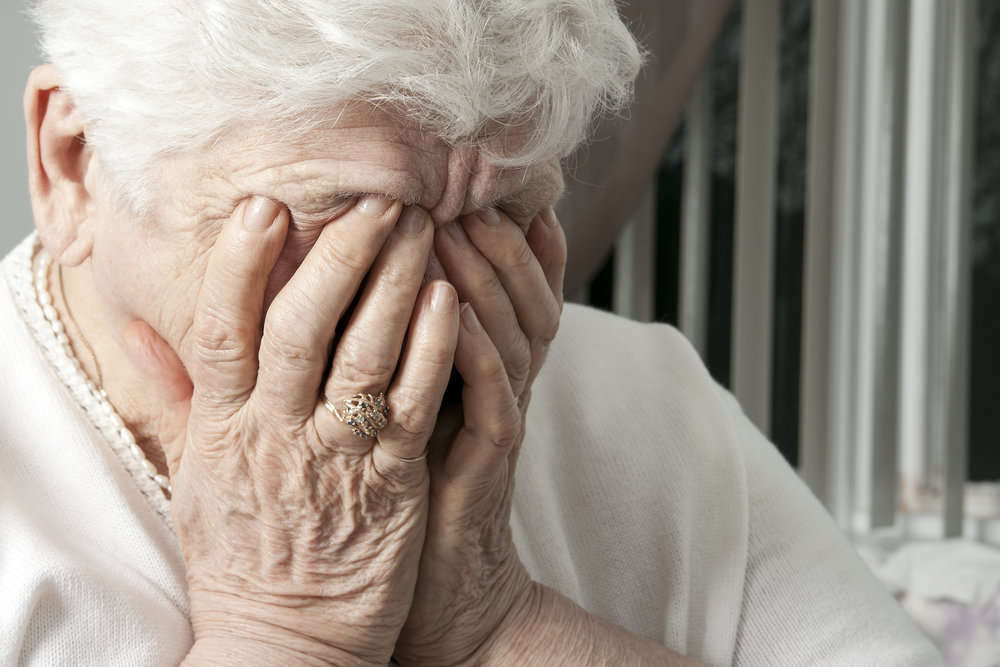


Sundown Syndrome What Is It And How To Cope



Amazon Com Sundown Syndrome Caring For Aging Parents Book 1 Ebook Dykeman Edie Kindle Store



How To Manage Sundown Syndrome Arizona Elder Care


Q Tbn And9gcq3xhol1s7yxn0y4n8owpi Grtlitlf5c2yyyafjin9chokqh7x Usqp Cau



Oct 21 Coffee Chat Sundown Syndrome And Alzheimer S Germantown Md Patch



Sundowners Syndrome Meme Page 1 Line 17qq Com



Sundown Syndrome The Ultimate Guide To What It Is Treatment And Prevention Geoffreys Clayton Amazon Com Books
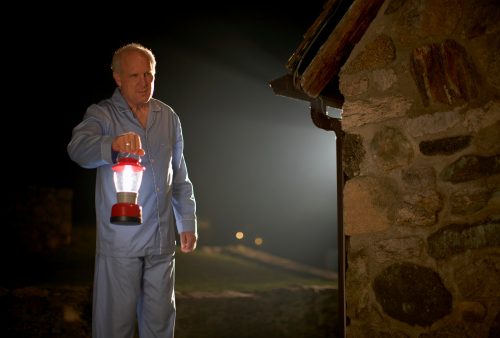


Sundown Syndrome Causes Symptoms And Treatment



Sundowning With Dementia And Effective Coping Strategies Kindly Care



Sundowning With Dementia And Effective Coping Strategies Kindly Care



6 Ways To Manage Your Loved One S Sundown Syndrome



Sundown Syndrome Links Loss Of Light To Anxiety And Confusion Seniors Guide



Sundown Syndrome Can Affects People With Dementias



Tame Impala Sundown Syndrome Youtube



Pathways Caring For Life Blog Sundown Syndrome



6 Ways To Manage Your Loved One S Sundown Syndrome



Pdf Sundown Syndrome And Symptoms Of Anxiety And Depression In Hospitalized Elderly



Sundown Syndrome Can Worsen During Fall And Winter Months Agingcare Com
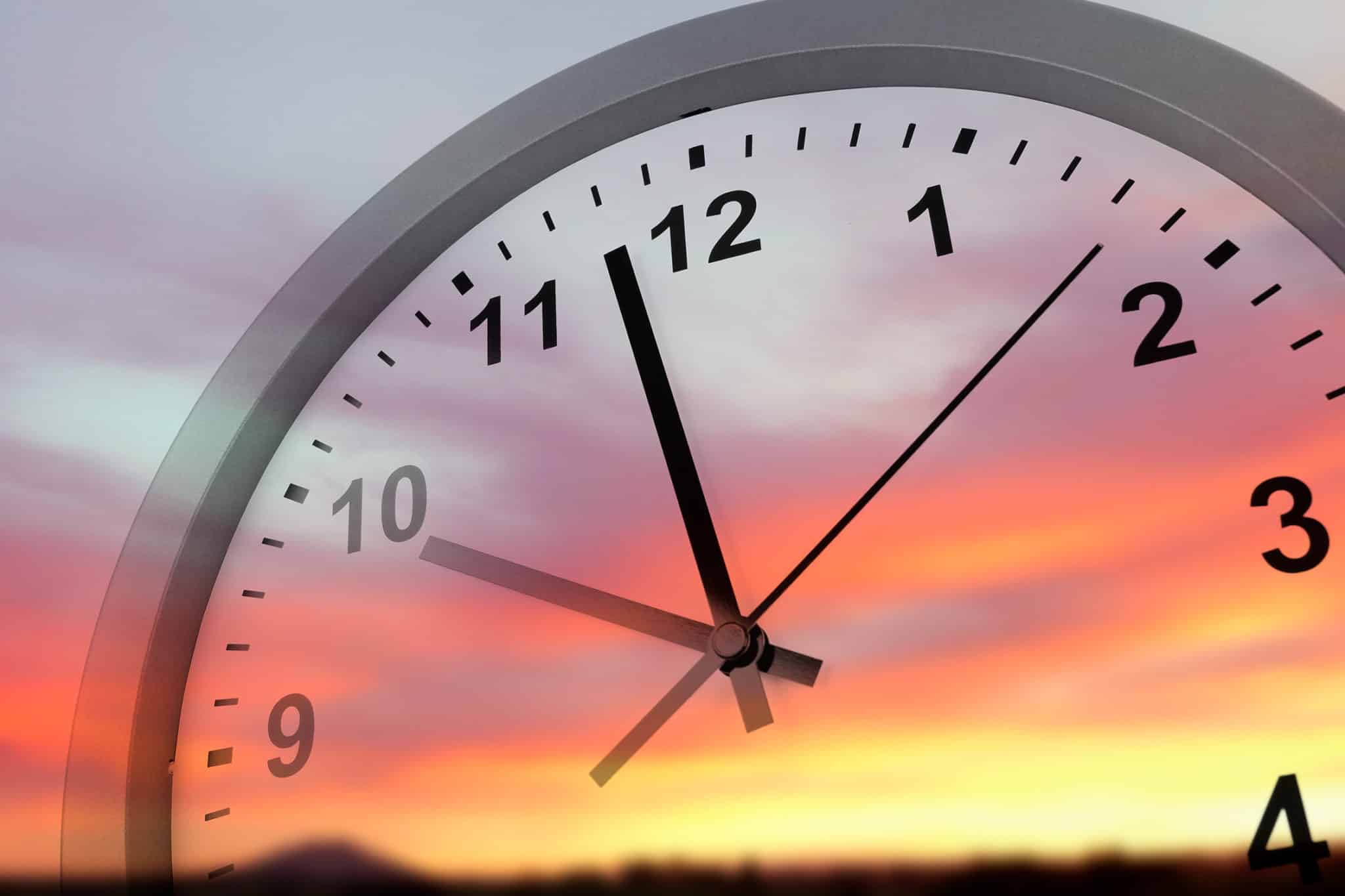


How To Prepare Families For Sundowners Georgia Memory Net



Pin On Insurance Quotes
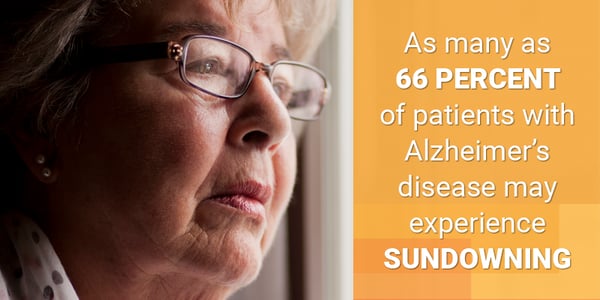


Sundowning A Guide To Difficult Behavior At The End Of The Day



Manage Resident Wandering Sundown Syndrome And How It Affects Senior Care



Winning Technology Designed To Ease Symptoms Of Sundown Syndrome Hull Is This



What Is Sundown Syndrome Symphony Senior Living



Coping With Sundown Syndrome



A Look At Sundown Syndrome Article Nursingcenter



How To Manage Sundown Syndrome During The Winter Bethesda Health Group


Community Home Carewhat To Do When Someone Shows Signs Of Sundown Syndrome Community Home Care



Sundown Syndrome No Rest For The Weary Alzheimersdisease Net


For All The Record Nerds Out There Sundown Syndrome Tameimpala


Sundown Syndrome In Patients With Dementia Facts And A Case Study



What Caregivers Need To Know About Sundowning



Sundowning And Dementia Symptoms And Treatment Norton Healthcare Louisville Ky



Sundowning Syndrome What Is It And Why Does This Happen Youtube



Is There Guided Imagery For An Aunt With Dementia And Sundown Syndrome
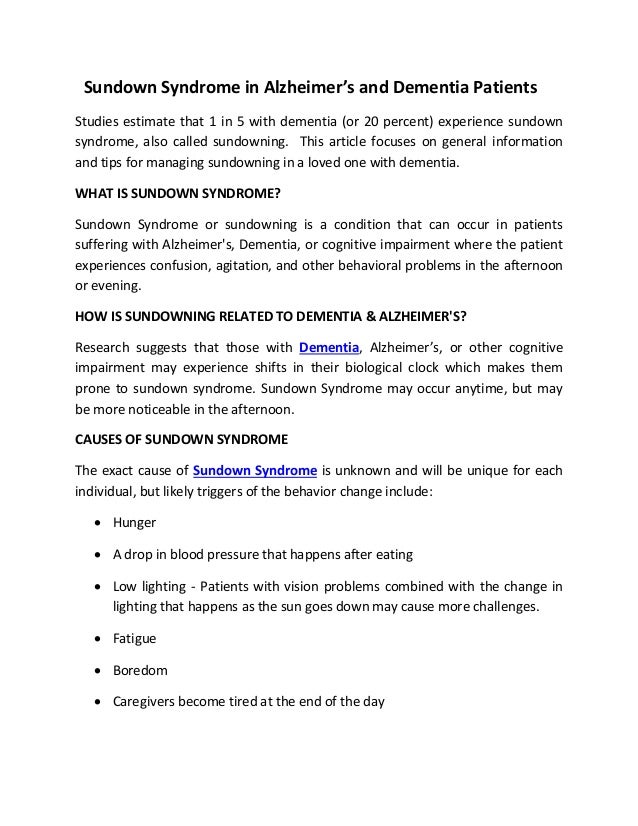


Sundown Syndrome In Alzheimer S And Dementia Patients


Sundown Syndrome What Is Sundowning And How Is It Managed
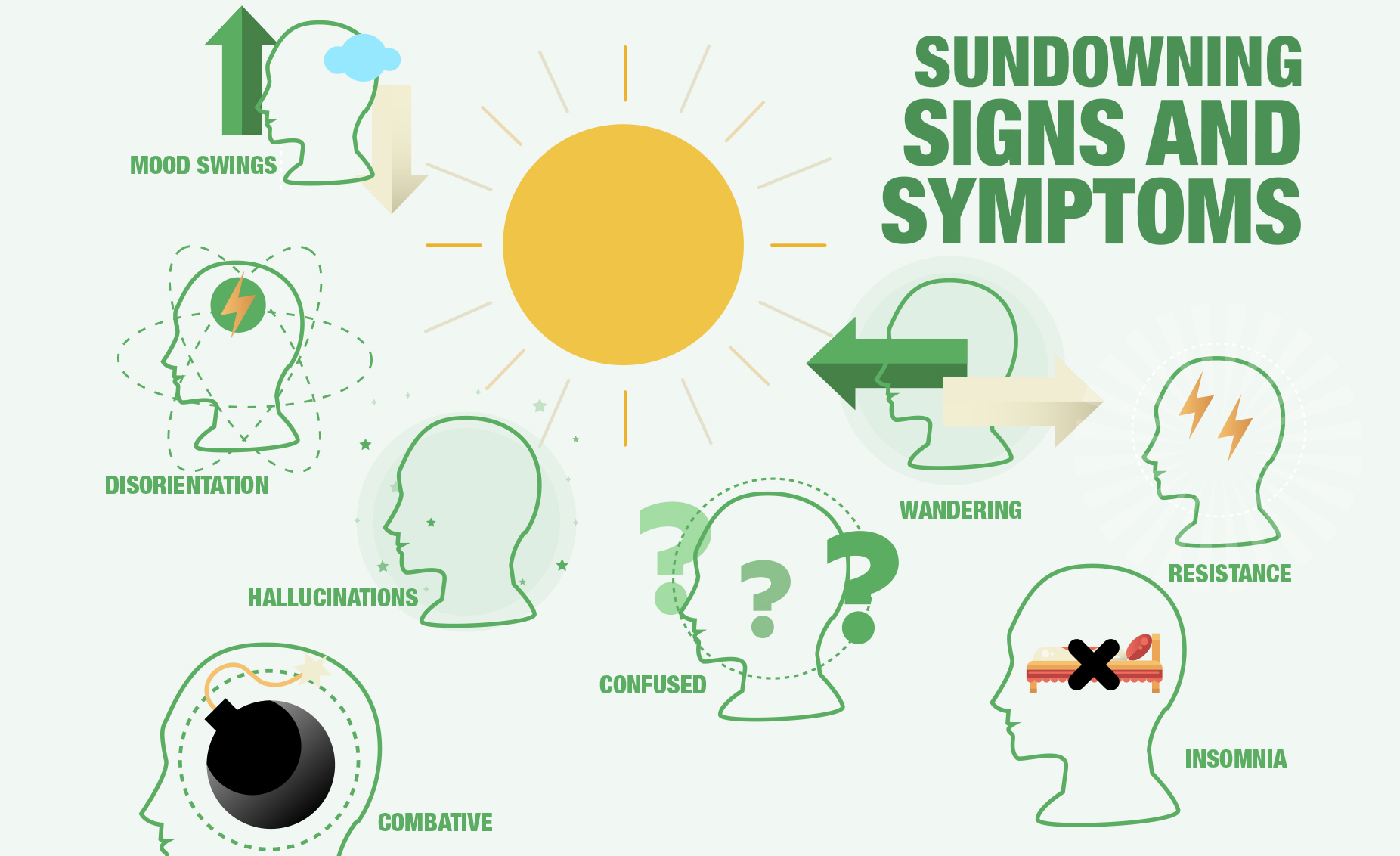


Sundowning With Dementia And Effective Coping Strategies Kindly Care


Tame Impala Sundown Syndrome Remember Me 7 45rpm Vinyl



Tips For Managing Sundown Syndrome Van Duyn Center For Rehabilitation Nursing



Nursing Home Care For Alzheimer S With Severe Sundown Syndrome Home Facebook
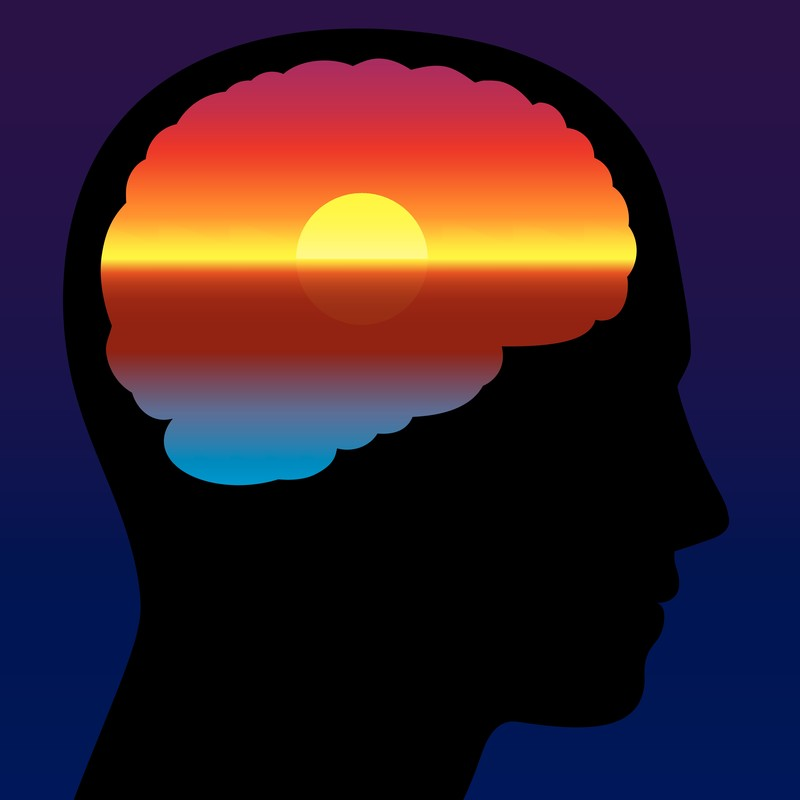


Sundown Syndrome How To Cope Deerfield Beach Fl



Gripsweat Tame Impala Very Rare Sundown Syndrome Remember Me 7 Vinyl Single



Aid For Sundown Syndrome Caregiver Help Atlanta Ga



Caring For Seniors With Sundown Syndrome Sundowning Care Comfort At Home For Seniors And Veterans



Sundown Syndrome In The Elderly Assisting Hands Dementia Care



Sundown Syndrome Wikipedia
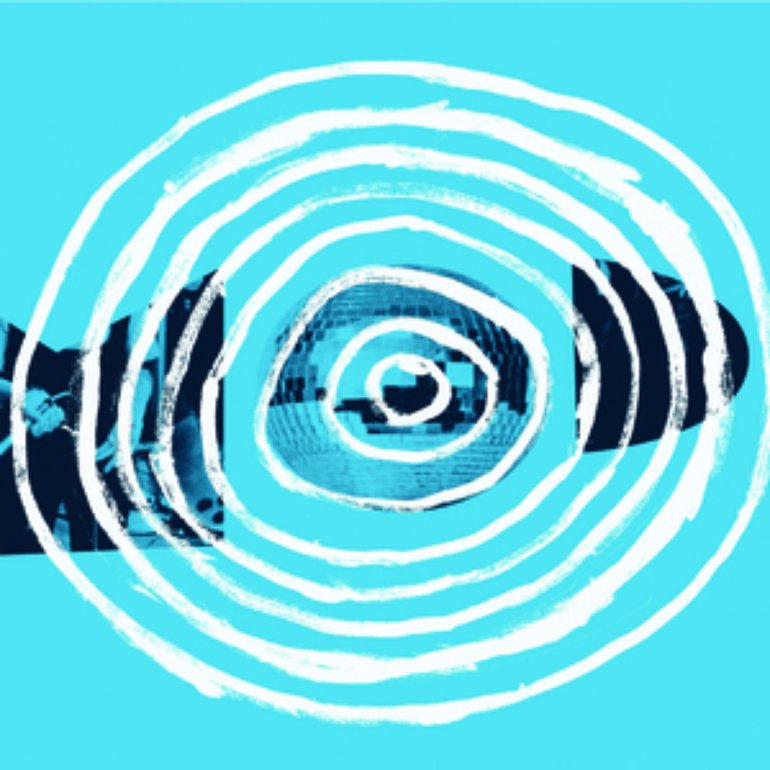


Tame Impala Sundown Syndrome Remember Me Artwork 3 Of 9 Last Fm



Sundown Syndrome The Basics Seniorsmatter Com


3



Popsike Com Tame Impala Sundown Syndrome 7 Single 45 Vinyl Auction Details



Tame Impala Sundown Syndrome National Tour At Karova Lounge Victoria 09 Ra



Daylight Savings Can Trigger Sundown Syndrome What You Can Do



Understanding Sundowners Syndrome A Place For Mom



Understanding Sundown Syndrome Facty Health



Sundown Syndrome By Syrupdude Fur Affinity Dot Net



How Dementia Caregivers Can Soothe Sundown Syndrome



How To Deal With Sundown Syndrome Jackson Creek Senior Living
.jpg?width=640&name=ganzhorn_alzheimers%20facilities%20(2).jpg)


Sundown Syndrome And Dementia Symptoms Causes Treatments



Sundown Syndrome In Older Persons A Scoping Review Journal Of The American Medical Directors Association



Sundown Syndrome Remember Me By Tame Impala On Amazon Music Amazon Com



Sundown Syndrome Why It Happens And How To Cope Care Com



Sundown Syndrome Dealing With Alzheimer S Stillwater Senior Living


3



Sundown Syndrome In The Elderly Assisting Hands Dementia Care



Sundowner S Syndrome Symptoms Causes Treatment Tips And More



Sundowners Syndrome



Coping With Sundown Syndrome Alzheimer Care Elderly Care Alzheimer S Disease



Sundowning Phenomenology Pathophysiology And Treatment Approaches Psychiatry Advisor



What Is Sundowning



Tame Impala Sundown Syndrome Fakealbumcovers



Sundown Syndrome Triggers Management Mountain Cove Luxury Senior Care



How To Know If Someone Has Sundown Syndrome Sundara Senior Living


5 Tips To Help Combat Sundown Syndrome Nursecore



Alzheimer S Sundown Syndrome Awake All Night Youtube


コメント
コメントを投稿